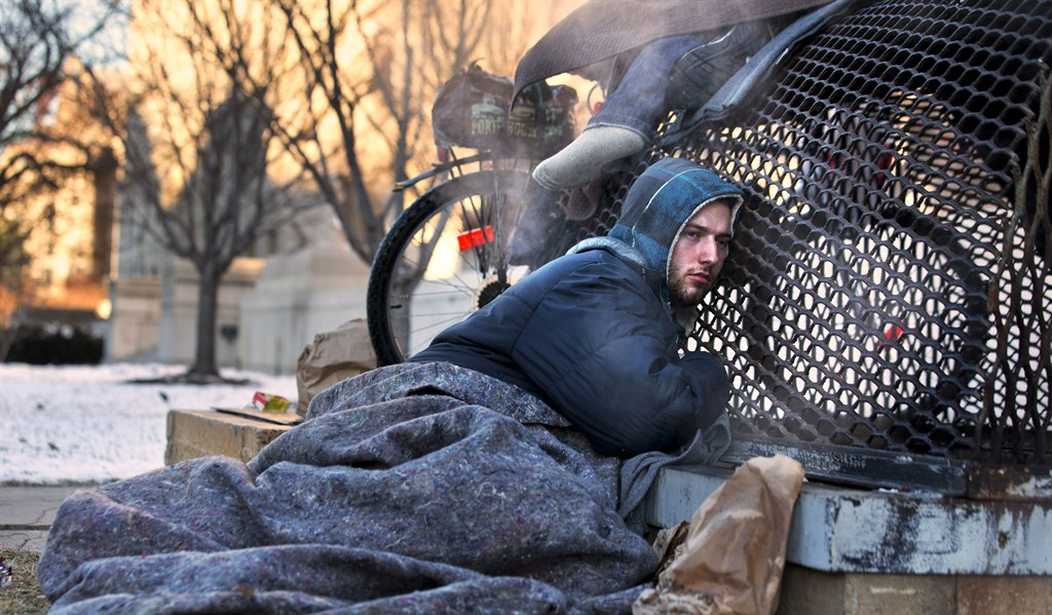Today I'm going to get personal. The reason? To see if readers have had similar experiences.
There were about 450 students in my high school graduating class. I don't remember a single one I would call "poor." Only one would I call "rich." All the rest were squarely within the 20 yard lines. Socioeconomically, we were all very much alike: solidly middle class. We went to school together, played sports together and socialized with each other. Since my school was segregated by law at the time, all of the students were white.
Now let's run the tape forward and approach the time of normal retirement. At this point I made five observations.
First, I made a rough calculation that between 5% and 10% of our class was earning about half the class income. Obviously, my calculation was far from precise, but I believe that the inequality of income within my high school class was similar to the inequality we observe in society as a whole.
Second, I have no idea why this happened. The highest earners in my class were not necessarily the ones with the highest grades or test scores. They were not the ones I would have predicted if I were making such predictions when I was young. A few of my classmates had the opportunity to enter their fathers' businesses and I suppose this gave them a leg up. But this was less than 10% of the high-earner group. Also, just about everybody who is doing well got there through hard work and perseverance. None of my classmates won the lottery.
The surprising thing is that I don't know why the distribution of income among my classmates looks the way it does. I know why the high earners are high earners ? in the sense that I know how they are earning an income. But I don't know why everyone else wasn't equally successful.
Recommended
Third, if my subjective impressions are correct, when we were in school only one child had parents who were in the top 1% of the national distribution of income ? the group that Paul Krugman is always railing about. Yet by the time of retirement, that group included 20 of my classmates, or more.
Fourth, I don't know anyone in my class who thinks the distribution of class income is unfair. If you read Paul Krugman, Joe Stiglitz and similar commentators, you get the feeling that they think some great injustice has been done to create inequality in society as a whole (but without ever saying what that injustice is). My class includes Democrats and Republicans, liberals and conservatives, and a few libertarians like myself. But I'm pretty sure that regardless of political beliefs, no one in my class thinks that what their classmates are earning is the result of some general unfairness.
Finally, I don't know anyone in my class who regards this as a problem that needs correcting. If we were to have an expensive reunion that couldn't be paid for with normal fees, I'm sure that those who have more would chip in and underwrite the expense. But that would be voluntary and everyone would expect it to be voluntary. It's noblesse oblige.
Here is my theory. Our basic notions of what is fair and unfair and which problems need correcting and which ones don't are actually very similar when we are talking about people we all know. It is only when we are talking about abstractions and amorphous groups of people ? people that we don't know ? that political ideologies pull us apart.
What do you think?

























Join the conversation as a VIP Member